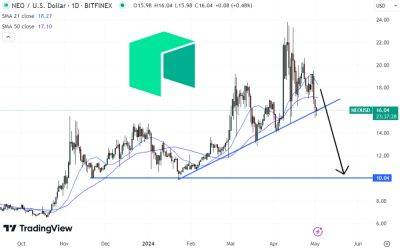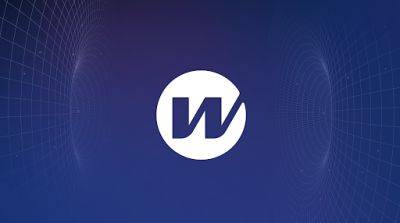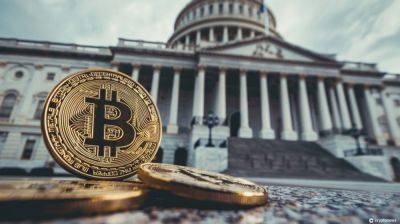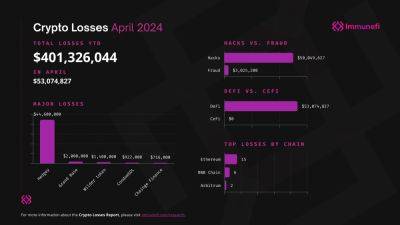How far are we from paying taxes in cryptocurrencies in Europe?
Either you adapt or you die - that’s the sentiment across the globe when it comes to the adoption of digital assets, including cryptocurrencies, by traditional banks.
And Europe, at the moment, is leading the global race, with Switzerland on top: not only can some of its residents now pay for their coffees using crypto, but their taxes too.
The European Union is catching up, with crypto assets becoming widely regulated when the Markets in Crypto-Assets Regulation (MiCAR) comes online on 1 January 2025.
“Europe became one of the leaders here, especially when we speak about this framework for regulation of crypto assets,” said Ilya Volkov, board member of Crypto Valley Association at the NGO’s Web3 Banking Symposium in Geneva last week.
The event brought together traditional and digital banks and blockchain service providers to discuss the adoption of the technology and crypto.
So, could Bitcoin end up in my regular bank account? Volkov’s answer is “for sure”.
“Customers of traditional banks are already asking them about access to cryptos,” said Volkov, explaining that the evolution of this technology is similar to the shift from paying with credit cards to Apple Pay or Google Pay.
Volkov said that the technology will become not just expected, but required by customers of traditional financial institutions.
“I think it's very important because it's more transparent, it's more efficient in terms of, costs,” he said, referring to how the technology behind cryptocurrencies, called blockchain, is decentralised.
This means it doesn’t require intermediaries, which shaves costs, while cryptography in blockchain - the network of computers used to store records of transactions - is seen as a guarantee to protect clients’ assets.
The market
Read more on euronews.com
 euronews.com
euronews.com



















